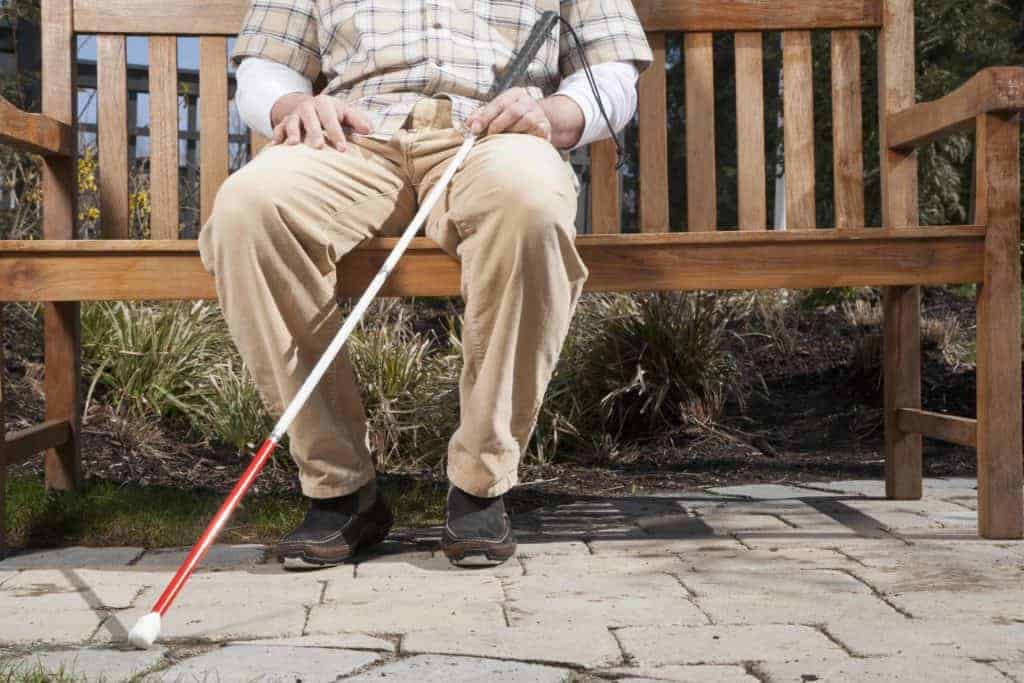

Mobility & Disability
What Do You Do When An Elderly Parent Can't Walk?
SonderCare Learning Center

SonderCare Learning Center
What Do You Do When An Elderly Parent Can’t Walk?
What can you do if your elderly parent finds that they can no longer walk independently? It can be a gradual process, one that comes naturally as people age; not being able to walk could also occur with haste, such as after a medical condition or due to an accident. No matter the situation, there’s a lot you can do to ensure they maintain a high quality of life.
One of the first steps to take is to look into the proper mobility device for their needs. If they can’t walk, they’ll need something more than an assistive device like a cane or walker – they’ll likely need a wheelchair. If the mobility device comes with a doctor’s recommendation and your parent meets the qualifications, insurance can cover part or all of the cost for this mobility device.
Seniors with limited lower body strength and can no longer walk frequently (or at all) prefer wheelchairs and scooters. If your parent has limited upper body strength, an electric wheelchair is the best for their needs. These do not require as much core strength as an electric scooter or the arm strength needed to operate a manual wheelchair.
When your parent can no longer walk, they must be able to use their bed for more than just sleep. Their bed will affect how they – and their loved ones and any caregivers – carry out everyday activities. For this, an in-home hospital bed may prove to be essential. The sections of the base and frame will create back and leg support so they can sit up for meals, medical care, reading, watching TV, and more. High-low capabilities let them move from the bed to their mobility device much more easily than they would be able to in a conventional bed.
Assess the features that could improve how they move about in the hospital bed. Overbed trapeze lifting bars can ease movement, whether it’s getting into a lying position, going in and out of bed, or simply moving about on the surface. Choosing the best model can go a long way to helping your parent make the most of their mobility – fully-electrical beds rely on quiet motors actuated by a remote control that can be used both by the patient and the caretaker. It is remarkable how far home hospital beds have come and how residential some models now look.
Make sure that furniture does not crowd the hospital bed in a way that will inhibit transitioning into a wheelchair or walker. You may also want to invest in a chairlift if your parent has a staircase in their home that they cannot avoid using and replace any steps outside with a ramp. It may be necessary to get a walk-in tub or shower that accommodates a wheelchair.
Most seniors prefer to age-in-place, meaning they remain in their homes rather than move into a living facility. An environment familiar to them may bring feelings of comfort and independence, but making it safe extends beyond installing a hospital bed. To ensure their age-in-place plans are low-risk, you may have to change features around the home that could cause problems for someone with mobility issues.
Focus on the rooms that pose the greatest threat: the bathroom, bedroom, kitchen, and anywhere with hard flooring. Install non-slip mats in areas where water could spill, remove area rugs that will not impede your parent’s movement, and install handrails for added stability. If there are steps around the home, make sure the rails are sturdy and on either side. Handrails should also go around the tub, shower, and toilet.
Many accessibility modifications are inexpensive. Some low-cost changes include replacing cabinet knobs with pull bars, adding nightlights in common walkways, improving lighting through bulb wattage, and adding rubber grips to faucets.
Seniors who can no longer walk have the freedom to drive wherever and whenever they want. It will prevent them from making appointments, running errands, and having a social life. They cannot leave when they want to spend time with family and friends, and loneliness leads to many other mental health concerns, including depression.
While transportation services are available, elderly people might feel uncomfortable and have difficulty navigating the schedules. Knowing this, you might want to provide rides or make the arrangements on their behalf.
No longer being able to walk can be a monumental change for your elderly parent, and they might resist the changes. Making sure they can still move around their home with a mobility aid and rest with a comfortable SonderCare hospital bed can help them relax and find enjoyment in this new mode of living.
They observed that older age, reduced physical activity, obesity, impaired strength and balance, and chronic conditions including diabetes and osteoarthritis are all significant causes of physical limitations.
Promoting proper grooming and cleanliness, preventing bedsores, changing bed sheets on a regular basis, ensuring appropriate nourishment, creating a comfortable environment, and seeking aid when needed are all things you can do to assist immobile persons.
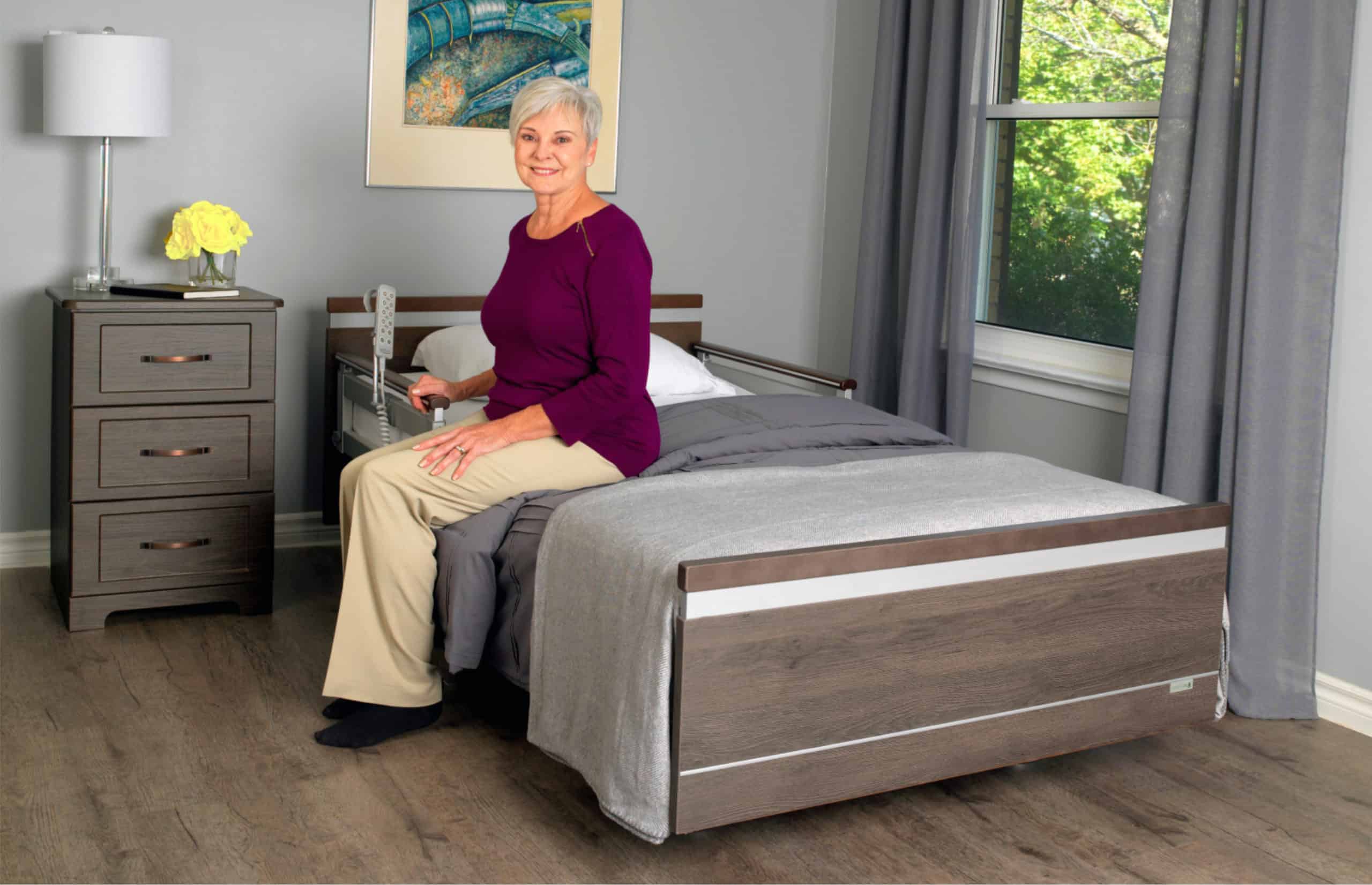
The SonderCare™ Bed is like nothing else on the market today. Designed to conform to the latest international standards, this product provides you with a sense of safety, comfort, and greater independence than standard flat or adjustable beds.
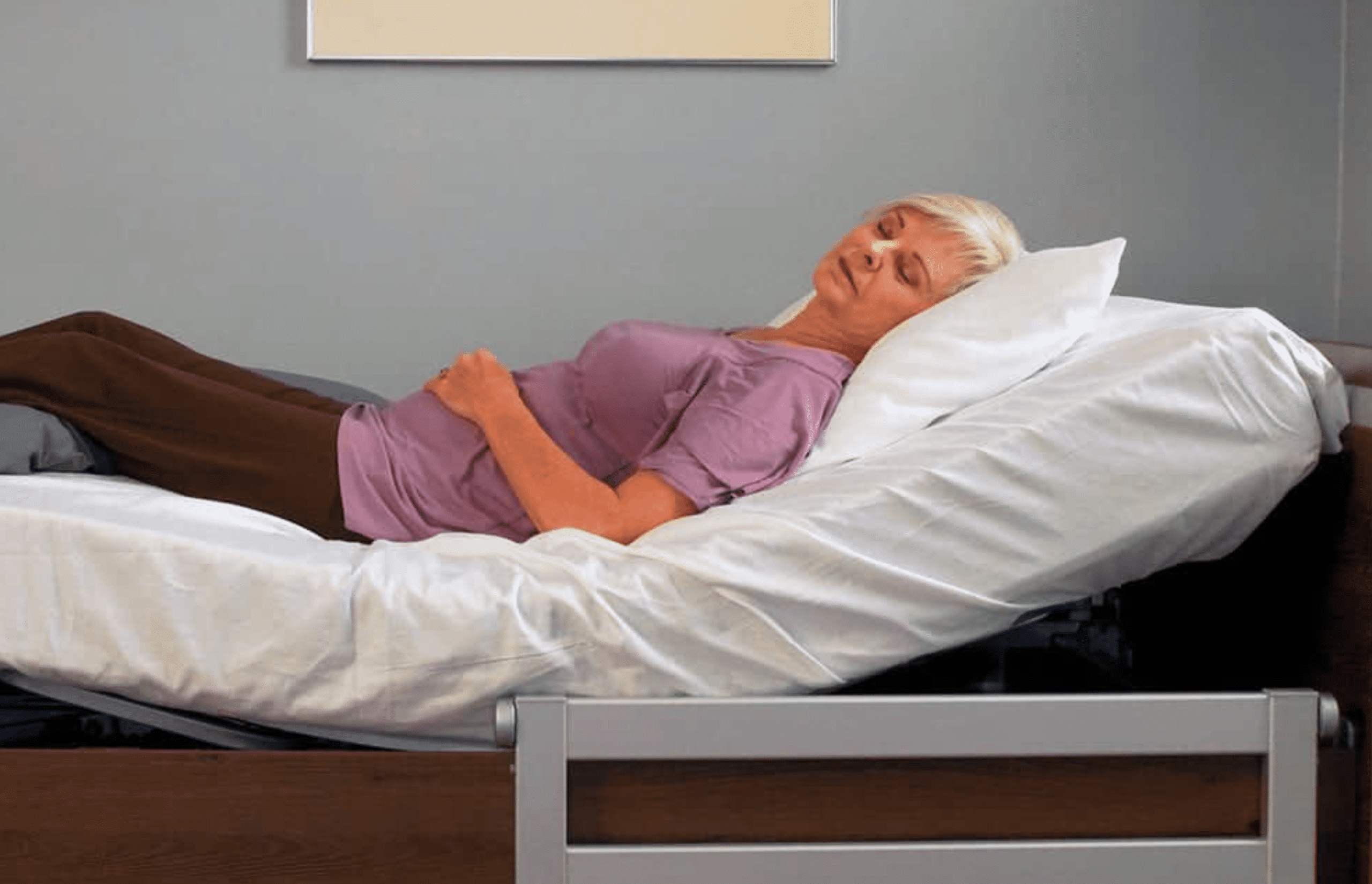
SonderCare offers the Comfort™ and Dream™ pressure reducing mattresses that provide exceptional comfort, support and durability for health care communities and home care settings.
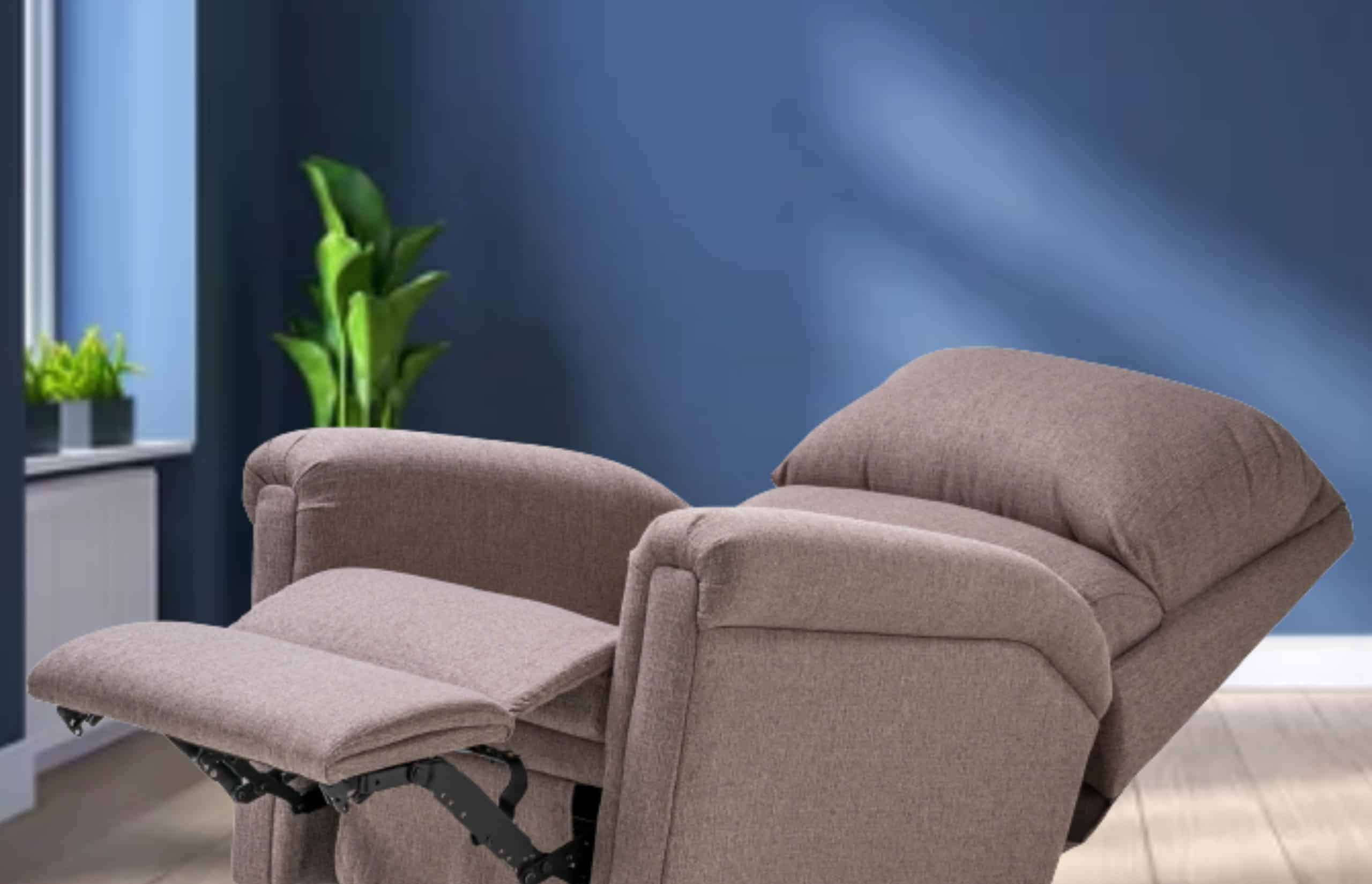
SonderCare’s fully-electric Rise & Recline Chair supports users in shifting from a sitting position, to fully reclining flat and then boosting up to standing when desired – this chair helps support comfort as well as safe mobility.

SonderCare’s fully-electric Rise & Recline Chair supports users in shifting from a sitting position, to fully reclining flat and then boosting up to standing when desired – this chair helps support comfort as well as safe mobility.
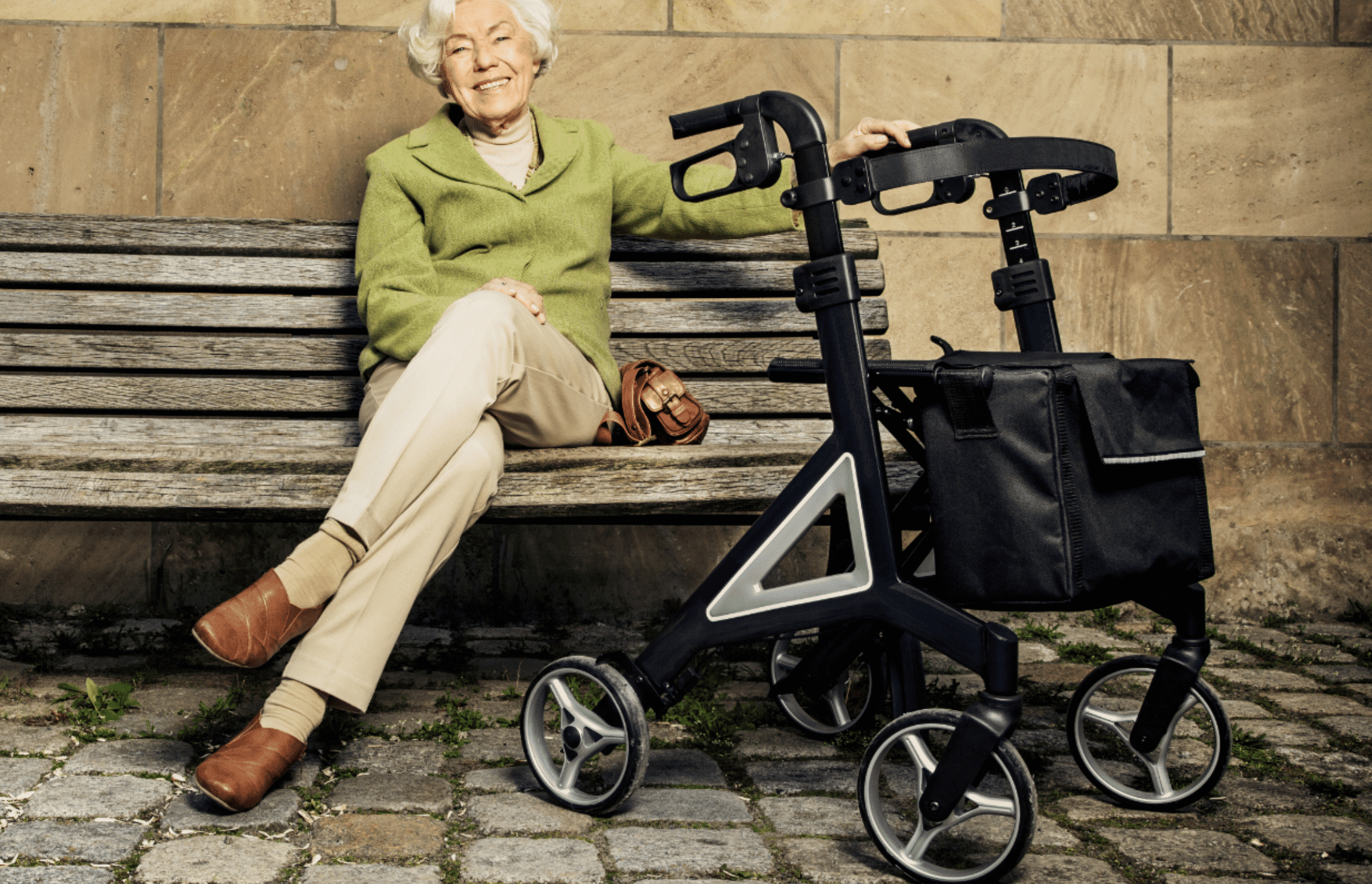
SonderCare premium rollators are the ultimate lightweight, ultra-stable rollators to keep you secure and comfortable in any setting. The Ultralight Carbon and the rugged Aluminum models are both ergonomically designed and adjustable to suit the needs of every user.
Start Your Mobility & Disability Products Inventory With SonderCare
Are you recently discharged from hospital, experiencing mobility issues, or in need of palliative or senior care? Enjoy a smoother recovery and get the luxury you deserve by choosing our home hospital products. Contact us today to discuss home hospital beds, mattresses, stand assist chairs and other accessories to make your home hospice perfect for a truly comfortable experience.
Are you looking for the most recent articles on Mobility & Disability tips and assistance? Browse our latest resources below and let us know if you have any questions. We’re here to support you as you embark on your road to home medical and elderly care.
Seeking The Best Care For Your Loved One?
Browse North America's Luxury
Mobility & Disability Products
Inventory